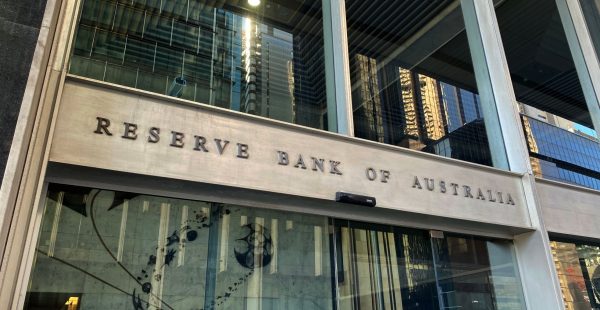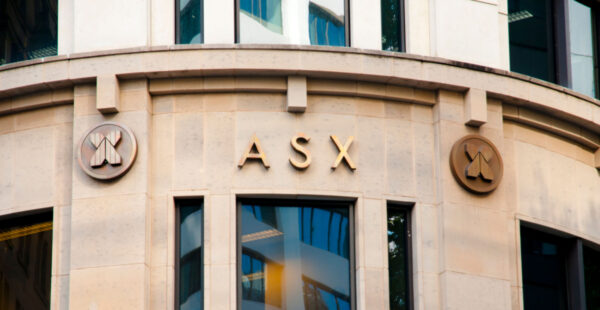Australia battling rising inflation vs falling employment “dichotomy”

The Australian economy has increasingly fallen under pressure to maintain the stability seen in the last few months as it continues to be confronted by “conflicting economic signals” with inflation rising at the same time as the labour market softens.
This comes as the latest inflation data returned stronger than expected figures and higher than what was forecasted by the Reserve Bank of Australia, with CPI seeing its highest point in over a year at 3.2 per cent year-on-year YoY and the trimmed mean rising to 3.0 per cent YoY.
Emma Lawson, Fixed Interest Strategist – Macroeconomics in Janus Henderson Investors’ Australian Fixed Interest team, said Australia is not alone in experiencing this “dichotomy of rising inflation and slowing employment”.
“This theme is being felt in a number of advanced economies, including the United States. The US Federal Reserve lowered interest rates in October, as expected, due to weakening employment, but they warned on rising inflation. The US outlook is less clear, in part due to the ongoing government shutdowns, which mean there is no government economic data releases,” she said.
“With inflation higher than the RBA are comfortable, markets priced out much of the last phase of the easing cycle. There is one more easing priced in through 2026. We pushed out our expected base case for easing to H1 2026, reducing it to two more cuts to 3.10%.
“This leaves policy above our estimate of neutral. Our low case reflects a weaker economic outcome and the RBA easing by a total of 250bps. We allocate a modest weight to the low case. We hold a relatively neutral duration position, while we remain vigilant through the volatility to take advantage of two-way mispricing.”
Lawson also noted the influence of megatrends on global economies and investment, and the importance of sticking to fundamentals and history-backed understanding to cut through the noise.
“This month the focus was on the boom in artificial intelligence (AI), and how this is going to shape economies, as well as investments. The economic benefits of profound technological change tend to take years to develop in full. There are question marks about the rapidity of AI adoption, and the fact that it may be faster than prior technological change periods. If true, higher productivity and potentially lower employment may come faster. Capital expenditure necessarily also needs to rise, and this impact is currently in play in some countries.
“The economic impacts of climate change, both the transition to a less carbonised world, as well as warming itself, continues. We wrote about this last year. The capital required to facilitate the transition is now competing with, and in some instances, complimenting the energy needs of the AI transformation. We can expect higher capital expenditure and higher inflation from this theme.
“Recent months have highlighted the deglobalisation theme, in the guise of trade disruptions. Less global geo-political co-operation is more likely to result in sub-optimal economic outcomes. Higher tariffs and trade barriers have historically led to lower economic growth and higher inflation. This can take time to flow through, and the present cycle does appear to be slow to show up, but it is having an impact. China’s international trade is rotating away from the US and US inflation experiencing higher tradeables inflation are just some examples. We should expect these themes to continue through the coming year.
“Fiscal policy and high levels of government debt in some major economies is also having a strong influence on markets. Many governments did not take steps to reduce net government debt post the global financial crisis (GFC). This has led to less sustainable debt levels post the pandemic. Penalties are being extracted in the economies with high levels of both government debt and poor external balances. The existence of so-called twin deficits has seen higher bond yields. Japan, the United Kingdom and France are some examples. This theme is likely to remain, and potentially worsen, until such time as deficits are addressed. Australia is comparatively well positioned, but slippage would be unwelcome.”











ASIC should cancel Interprac's AFSL already, like the other 4. Or is it too big to fail?
Should be fine though cause Crole said they did nothing wrong
Where’s the Govt MIS review started 2023 by Hot Mess Jones ? Hot Mess Jones buried it real deep. And…
You'd probably never work with me because you're probably unemployable in the private sector.
Ladder board of top leaches.